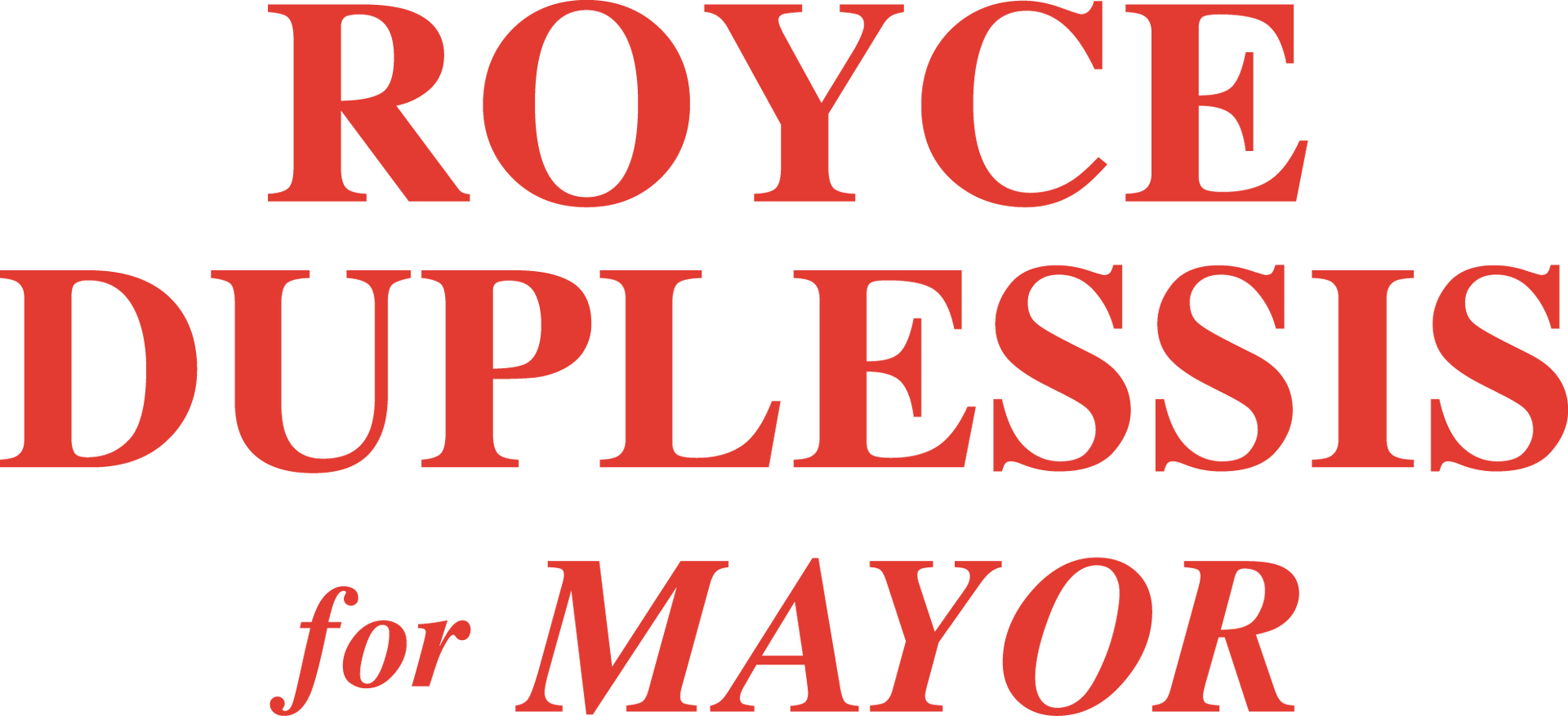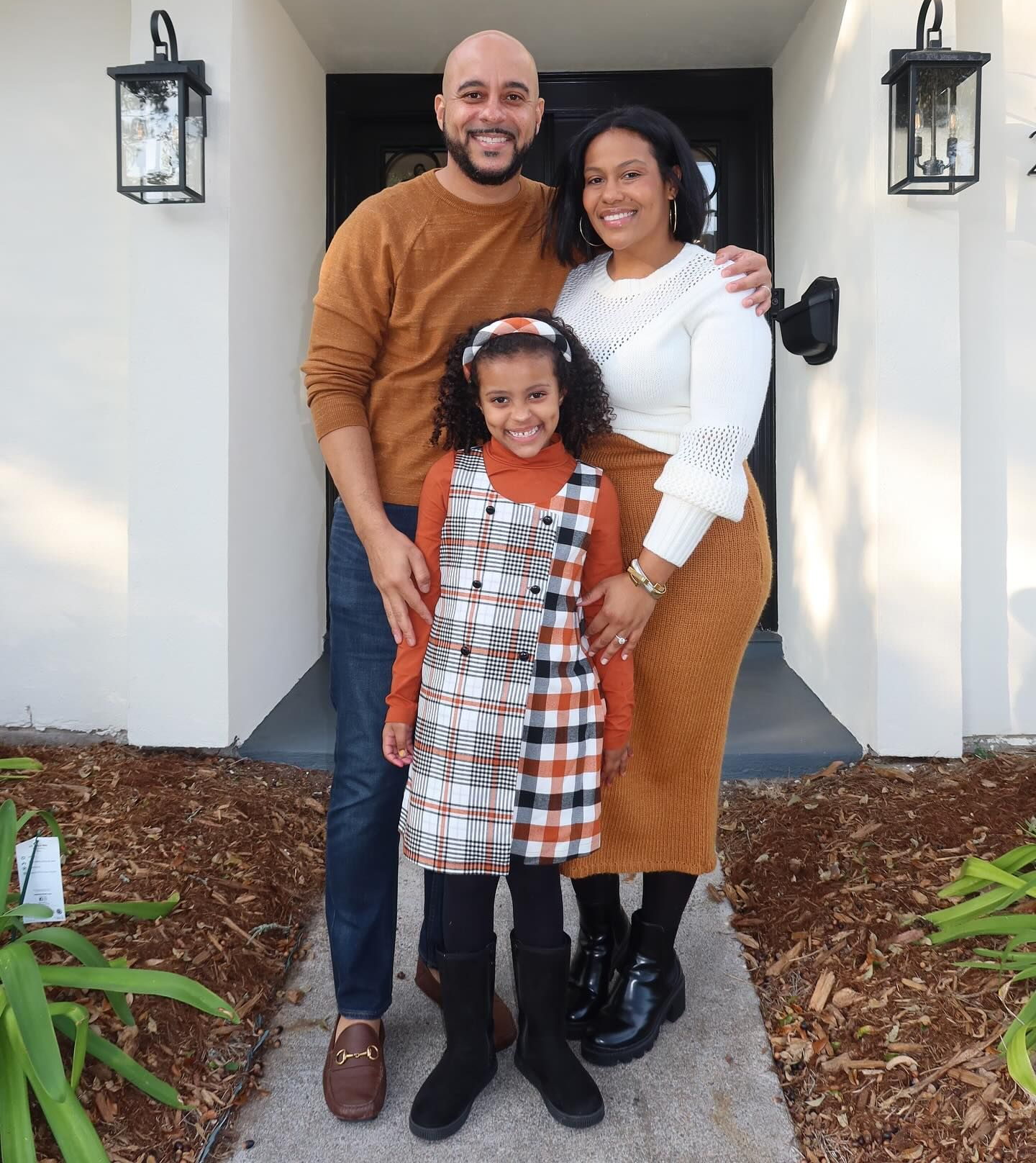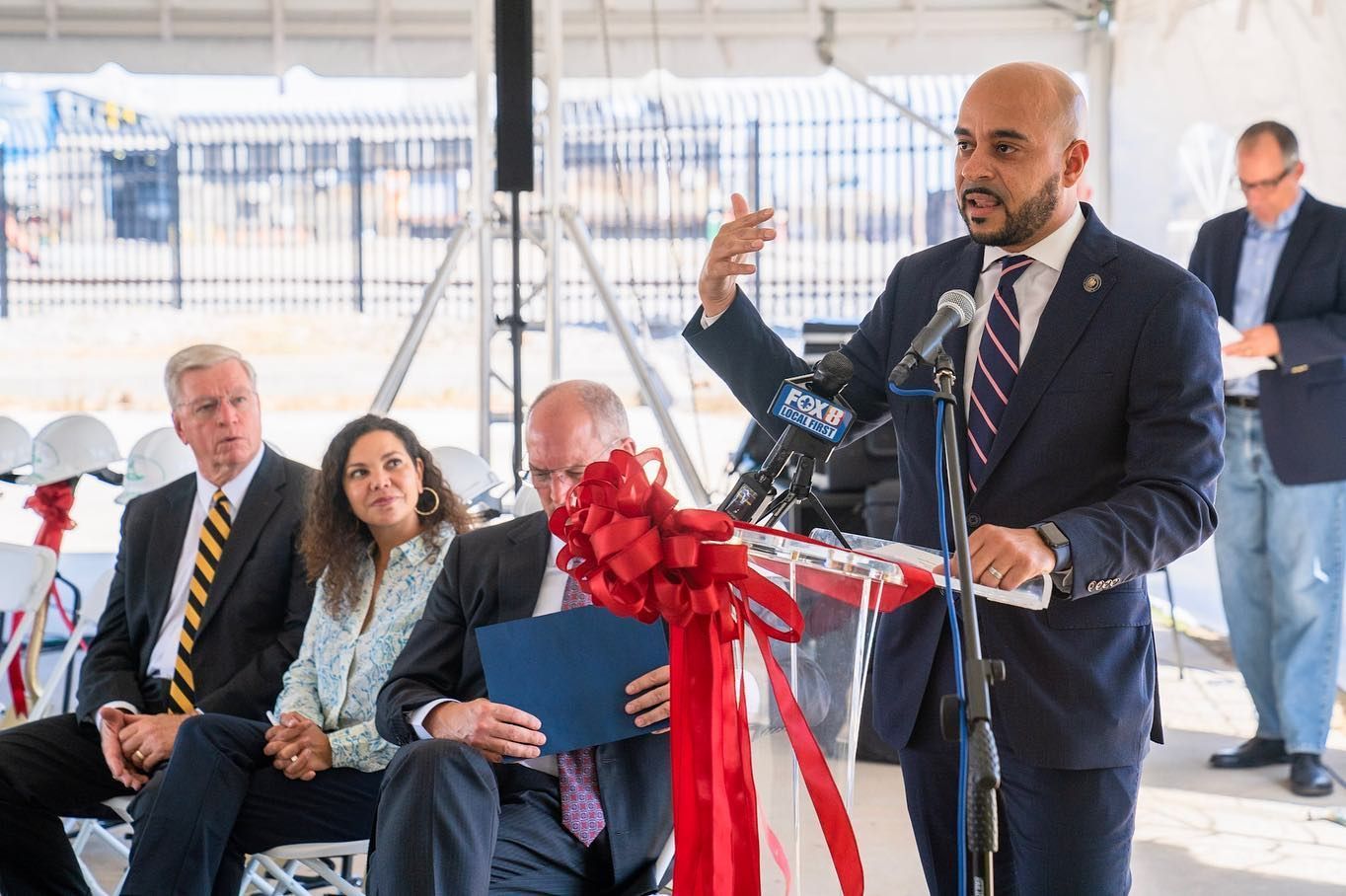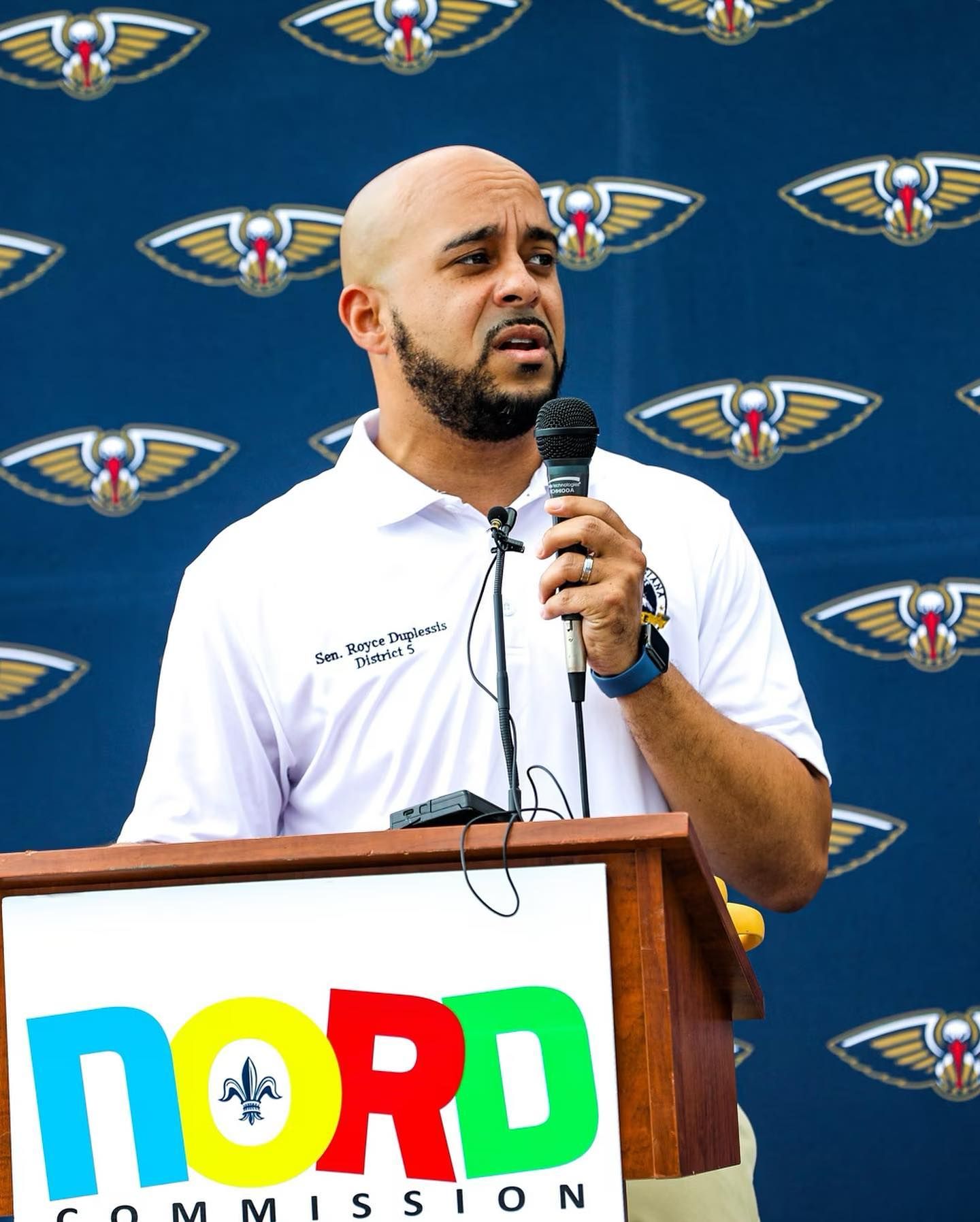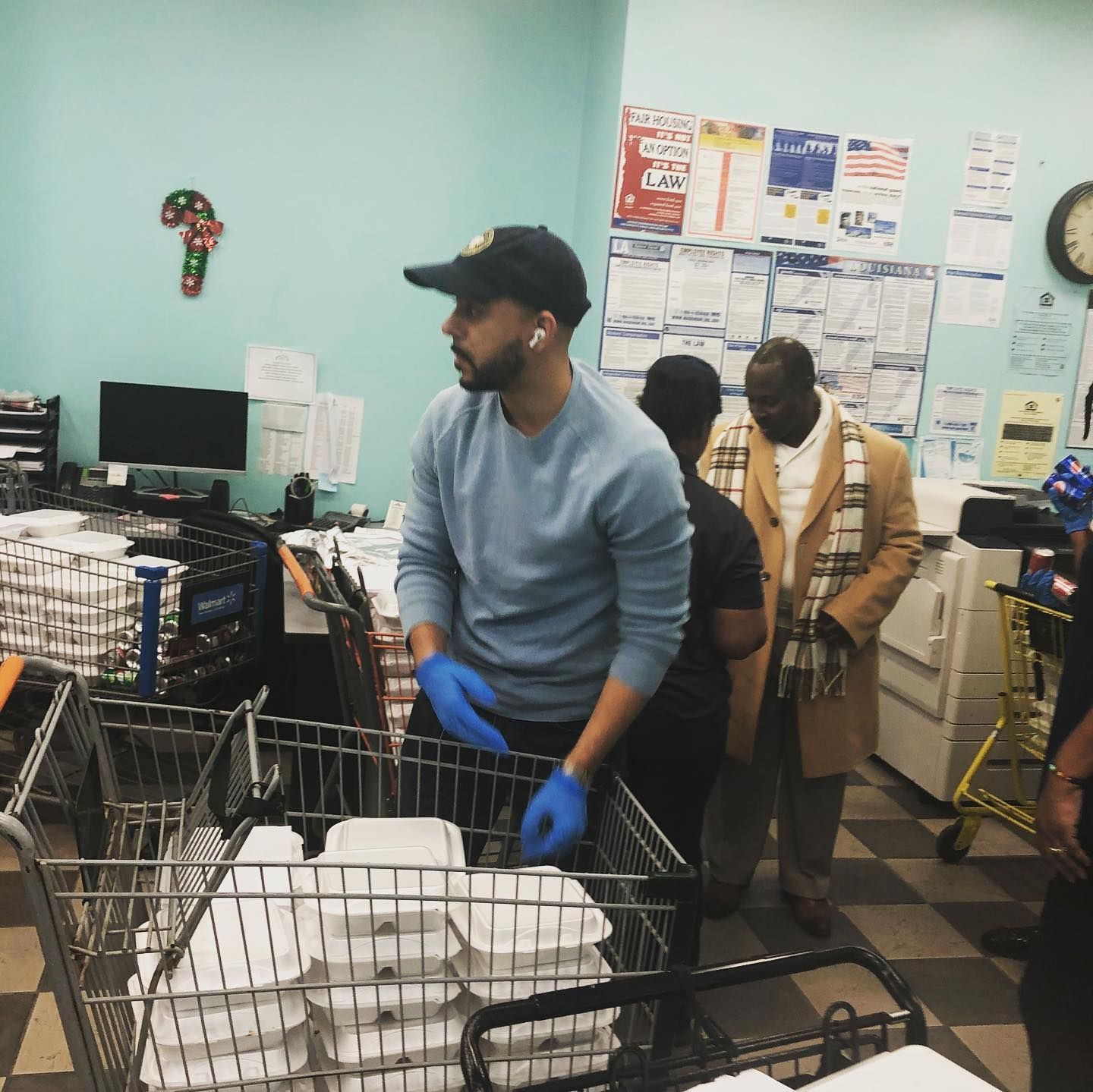Mental Health
New Orleans UPLIFTS WELL-BEING
Royce Understands:
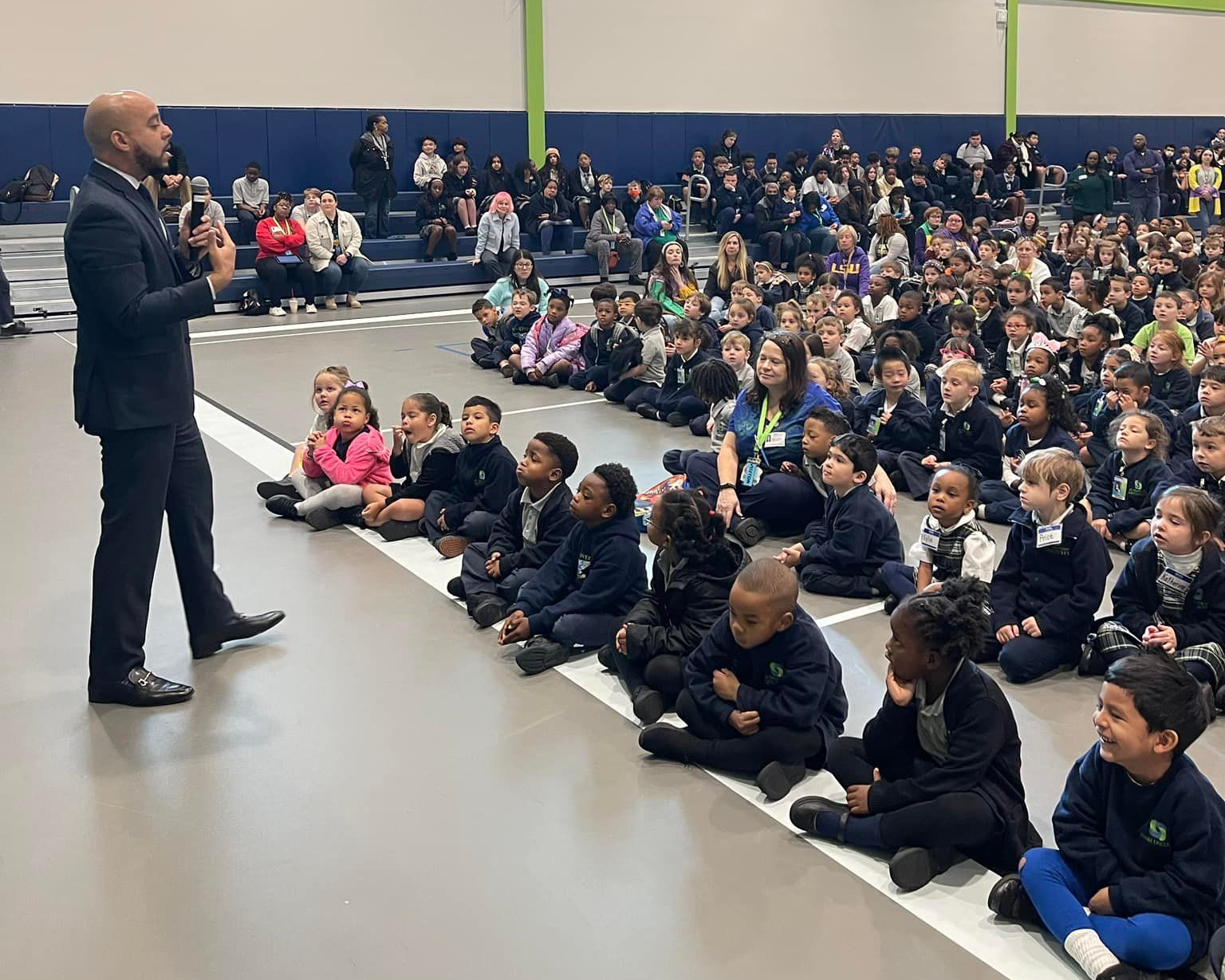
- Mental health and substance abuse issues plague our unhoused community and contribute to their challenges. The U.S. Department of Housing and Urban Development reports that nationally, 21% of the unhoused population suffers from severe mental illness, and 16.5% are dealing with substance abuse.
- The closure of state mental health institutions under Governor Jindal led to a dramatic contraction in inpatient care capacity, both statewide and within the New Orleans area. Outpatient services and support are not adequate to support those in our community who are struggling.
- 30% of our local jail population suffers from mental health issues, and nearly 15% report substance abuse issues, according to the Safety and Justice Challenge.
- Our children are four times more likely to suffer from post-traumatic stress syndrome than the national average.
- A study from the Louisiana Public Health Institute outlined some of the factors contributing to our city’s mental health challenges:
- Loss of psychiatric inpatient facilities: Decades of deinstitutionalization and closures (including Charity Hospital and New Orleans Adolescent Hospital) eliminated hundreds of psychiatric beds, leaving capacity far below recommended levels.
- Hurricane Katrina’s impact on safety-net care: The storm and Charity Hospital’s closure disrupted emergency, inpatient, and outpatient services, including the psychiatric crisis system and medical training pipelines.
- Rebuilding the safety-net system: Grants and new facilities restored some access to integrated behavioral health and primary care, but capacity remains limited relative to need.

Royce Will:
- Expand crisis and inpatient capacity by building a new Behavioral Health Hospital or contracting for new psychiatric/detox beds.
- Strengthen crisis response through more crisis-intervention-trained officer/clinician co-responder teams, real-time bed dashboards, and expanded diversion programs.
- Grow the behavioral health workforce with residency/fellowship expansion, loan repayment incentives, housing stipends, and more.
- Leverage proven programs by scaling existing detox/residential services, enhancing the Sobering Center, and embedding clinicians in schools.
- Partner across sectors with LPHI, NAMI, MHSD, hospitals, faith-based organizations, and community providers to coordinate care, data, and outreach.
- Track clear outcomes such as reduced wait times, more beds in service, increased diversion from jail/ER, and net growth in local psychiatrists and licensed providers.
